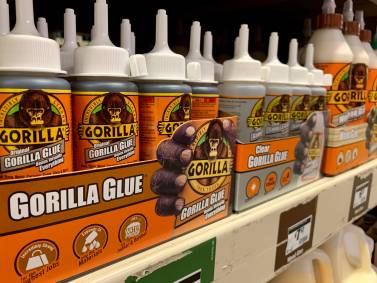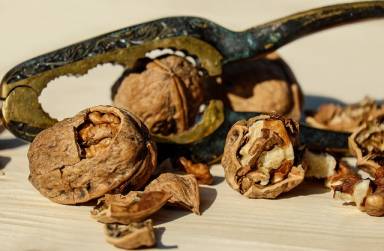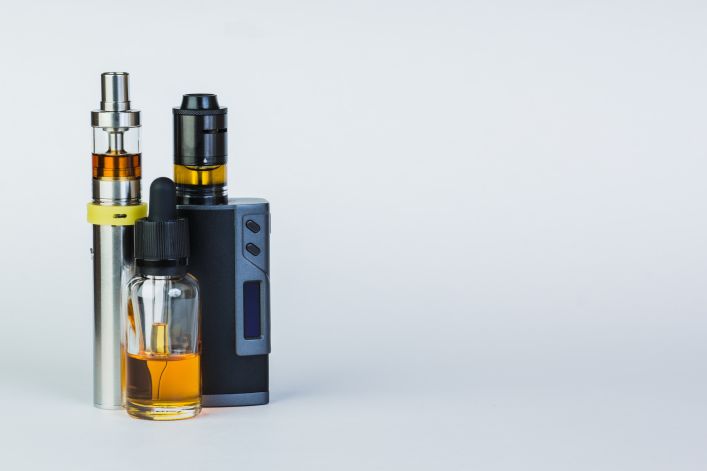Yucca plants are beautiful, but they can be poisonous to your dog. These plants, also known as spoon-leaf, needle-palm, Spanish bayonet, and Adam’s needle (amongst other names), are perennials that are found in many parts of the country.
Connect with a verified veterinarian in minutes. Licensed vets are available 24/7 to answer your questions. No need to worry about your furry family member.
These plants contain steroidal saponins, which are found in every part of the plant. These substances have an ability to foam, which can make them dangerous for dogs. In fact, yucca poisoning is a common problem in dogs in the U.S.
Symptoms of Yucca Poisoning in Dogs
If your fur baby has eaten any parts of the yucca plant, you may notice these symptoms:
- Loss of appetite
- Diarrhea
- Vomiting
- Excessive drooling
- Abdominal pain
- Depression
- Incoordination
- Increased heart rate
- Liver problems
- Weakness
- Stomach irritation
- Loss of control over bodily movements
- Walking difficulties
- Photosensitivity
The steroidal saponin in the yucca is the substance which is poisonous for dogs. Many dogs try to eat this plant, even though it doesn’t taste good. If you know your fur baby has eaten parts of a yucca plant, then you’ll need to get him to the vet immediately. And if possible, try to bring the remainder of the yucca plant with you, as this can help the vet make a proper diagnosis.
Diagnosis of Yucca Poisoning in Dogs
Once you reach the vet’s office, they will perform a physical exam and may order additional tests such as blood tests. They may also perform an endoscopy to see if any of the plant is caught in the dog’s throat; if so, they will remove the plant material. Your fur baby will be anesthetized for this procedure.
Additional diagnostics may include an ECG (electrocardiogram) to check your dog’s heart, and imaging such as x-rays, a CT scan or an MRI. Some vets may use ultrasound, too.

Review symptoms, medications & behavior to keep your pets healthy with a Vet Online in just minutes.
Ask a Vet Live NowTreatment of Yucca Poisoning in Dogs
The vet will determine the right treatment, which will depend on how much of the plant your dog ate, and what symptoms he’s having. The vet, in some cases, may choose to induce vomiting. And depending on the lab results, your dog may need to be treated with IV fluids and monitored over night to make sure he’s recovering OK.
Recovery depends on seeking help as soon as possible after your dog has eaten the yucca. With quick treatment, your dog can go on to live a long, healthy and happy life.
To prevent this from happening again, it’s a good idea to remove all yucca plants from your home’s yard (both front and back), wherever your dog may access the plants again. In place of yuccas, choose to plant grasses or other types of plants that are safe for your dog.
Connect with a verified veterinarian in minutes. Licensed vets are available 24/7 to answer your questions. No need to worry about your furry family member.

Kyoko
Kyoko is from a family of 3 and moved to New York with her parents and siblings when she was 13. Kyoko is fond of spending a great amount of time with pets, specifically her beagle Luna and cat Missy. Her boyfriend often complains that she spends too much time giving attention to their animals. Kyoko has written dozens of articles concerning pets and is aiming at owning a pet shop one day!
Review symptoms, medications & behavior to keep your pets healthy with a Vet Online in just minutes.
Ask a Vet Live Now




